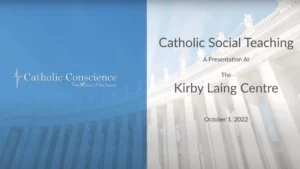
What is the proper relationship between Scripture and Doctrine? How are we to conceive of the precise relationship between biblical exegesis and Christian dogmatics? For several decades, theologians and biblical scholars alike have explored what it would mean to reintegrate these crucial disciplines. But attempts at a reunion have sometimes been characterized by a lack of cohesion, rigor, and concrete specificity. From a certain perspective, the new book Biblical Reasoning: Christological and Trinitarian Rules for Exegesis (Baker Academic, 2021) by R. B. Jamieson and Tyler Wittman serves as a kind of remedy to these deficiencies. Exploring seven “principles” and ten “rules” for exegesis, the book shows how the relationship between exegetical reasoning and dogmatic reasoning is reciprocal and reinforcing, even if asymmetrical. Drawing on the seminal work of the late John Webster (but also ranging widely in the fathers, the medieval doctors, the Reformers, the post-Reformation scholastics, and modern scholarship as well), Biblical Reasoning has been called a “book of generational significance” and “a master class in how to read the Bible directly and accurately.” This online forum featured the authors introducing us to the book, and a respondent, Fred Sanders, in what was a lively and instructive discussion of theological exegesis.